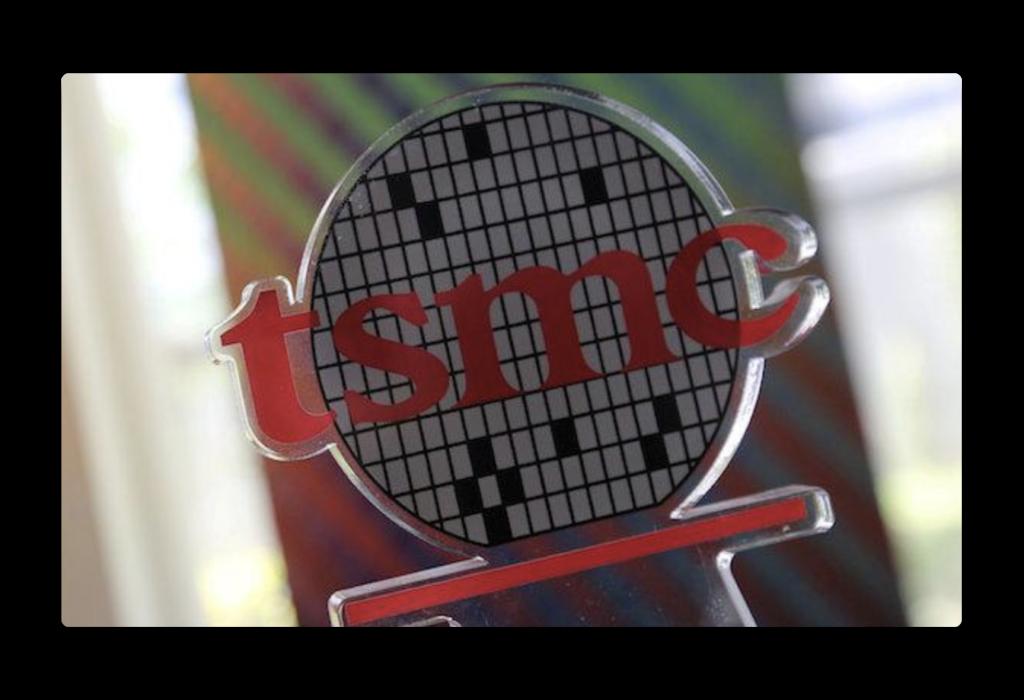Apple's relationship with TSMC, the world's largest semiconductor manufacturer, has deepened year by year with the manufacture of iPhone's A-series chips and Mac's Apple silicon. It is speculated that the high performance and power-saving performance of A15Bionic and M1 processors depend on the fact that TSMC has established a better production system than its competitors, such as rapid mass production in the 5 nm manufacturing process.
But there are rumors that TSMC may not be able to catch up with the (temporary) processor for iPhone 14 in 2022 as it struggles with the transition to 3-nm manufacturing.
According to the paid news media The Information, if the iPhone14 is equipped with a chip made by 3 nm, "without dramatically increasing the size, you can carry a more powerful, less power-consuming processor on the terminal." However, some analysts believe that because it is difficult for TSMC to migrate to 3 nm,iPhone processors, it will remain in the same manufacturing process for 3 consecutive years (5 nm after A14 in 2020 and A15 in 2021).
By the way, the "manufacturing process" in semiconductor manufacturing refers to the wide electrical line. Generally speaking, the smaller the number of 7 nm or 5 nm, the higher the integration of the transistor, and the resulting processing speed and power-saving performance also tend to be improved. The A13Bionic for iPhone11 is 7 nm, the A14 for iPhone12 is 5 nm process, and the A15 of iPhone13 is considered to be an improved "N5P" technology.
So back to the point, some customers may postpone the update of the chip manufacturing process for another year, adding that competitors expect it to take some time to catch up with Apple. Apple had almost guaranteed a 3 nm production quota for the TSMC in 2022, and there were rumors that Intel and other companies would be delayed.

Despite these delays, TSMC is expected to reach a 3-nm process as soon as possible before other chipmakers such as Intel. In other words, iPhone14's A16 (temporary) chip is less likely to use 3 nm technology, but other companies have no hope of catching up, and even if Apple stays at 5 nm, the gap will not narrow.
Why does TSMC give top priority to Apple's order? In this context, it is described as having an incredible interdependence with Apple. For TSMC, the deal with Apple accounted for 1/4 of total sales of $480.8 billion last year (2020), up from $21.43 billion in 2013, when the two companies began working together.
It is also reported that Apple has been treated as "VIP" by TSMC. For example, when there was a problem with iPhone12's chip manufacturing last year, Apple has been pressing them to provide more chips without increasing the total contract.
In addition, it was testified that in the early days of its partnership with TSMC, Apple asked Kaohsiung in southern Taiwan to build at least one additional chip factory because of concerns about earthquake risk. In fact, in September, the Nikkei reported that TSMC was considering the direction of building two new factories in the city.
Despite this, The Information believes that Apple's relationship with TSMC is "basically good." Given the close relationship between the two companies, it may be extremely difficult for other companies to use TSMC's cutting-edge technology to produce chips that are better than Apple silicon.
Source:The Information
Via:9 to 5 Mac
あなたのプライバシー設定では、このコンテンツをご利用できません。こちらで設定を変更してくださいあなたのプライバシー設定では、このコンテンツをご利用できません。こちらで設定を変更してくださいあなたのプライバシー設定では、このコンテンツをご利用できません。こちらで設定を変更してくださいあなたのプライバシー設定では、このコンテンツをご利用できません。こちらで設定を変更してください